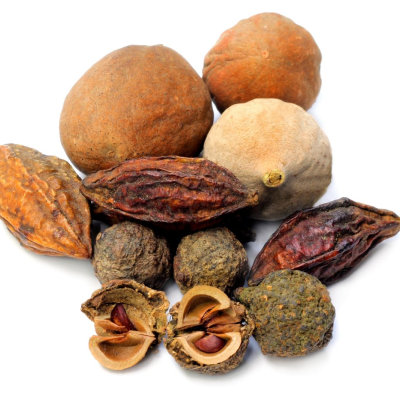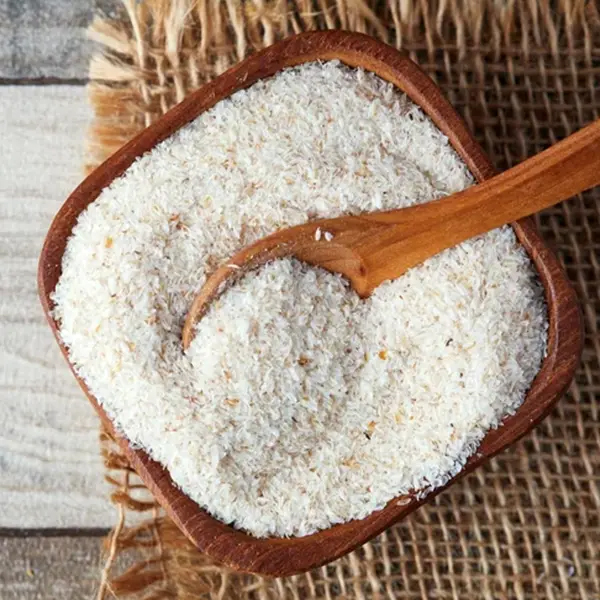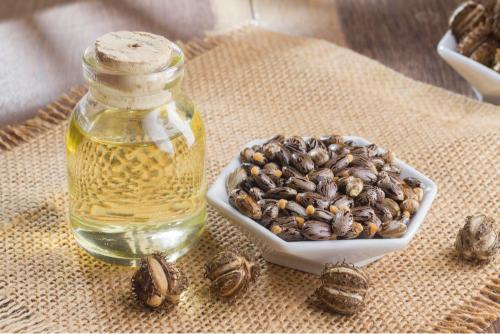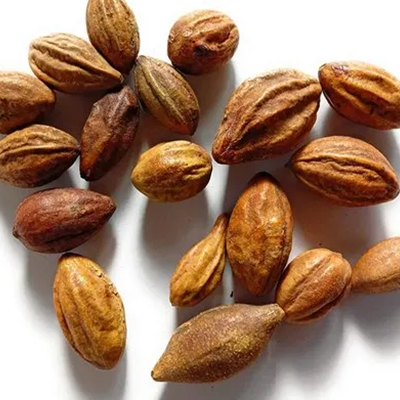Constipation is a common gastrointestinal condition characterized by infrequent bowel movements, difficulty passing stool, or a sensation of incomplete evacuation. It is defined as having fewer than three bowel movements per week.
Possible Causes of Constipation
1. Lifestyle Factors
- Lack of dietary fiber (low intake of fruits, vegetables, and whole grains).
- Insufficient water intake.
- Sedentary lifestyle or lack of physical activity.
2. Medical Conditions
- Irritable Bowel Syndrome (IBS).
- Hypothyroidism.
- Diabetes.
- Neurological conditions like Parkinson's disease or multiple sclerosis.
3. Medications
- Painkillers (especially opioids).
- Antidepressants.
- Iron supplements.
- Antacids containing calcium or aluminum.
4. Psychological Factors
- Stress, anxiety, or depression.
- Ignoring the urge to defecate.
5. Age-related Changes
- Slower digestive motility in older adults.
6. Structural Issues
- Obstruction due to tumours or strictures.
- Rectal prolapse.
In Ayurveda, constipation is called “Vibandha” and is primarily caused by an imbalance of Vata Dosha, particularly its sub-type Apana Vata, which governs the downward movement of wastes. When Vata becomes dry, cold, and irregular, it disrupts normal bowel movements.
Contributing Factors in Ayurveda
- Vata-aggravating diet: Excessive intake of dry, cold, and processed foods.
- Lack of lubrication: Decreased intake of oily or moist foods.
- Irregular lifestyle: Erratic meal times, stress, and inadequate sleep.
- Suppression of natural urges: Ignoring the urge to defecate leads to Apana Vata imbalance.
Symptoms of Vibandha
- Hard, dry stools.
- Bloating and abdominal discomfort.
- Incomplete evacuation.
- Flatulence and heaviness in the lower abdomen.
Ayurvedic Treatment for Constipation
Ayurveda focuses on balancing Vata Dosha through dietary, lifestyle, and herbal interventions.
Lifestyle Recommendations
- Regular Routine: Wake up early and follow a fixed time for bowel movements.
- Exercise: Practice yoga poses like Pawanmuktasana and Vajrasana to aid digestion.
- Stress Management: Incorporate meditation and pranayama to calm the mind.
Dietary Guidelines
- Increase Fiber: Include whole grains, fruits (papaya, figs, prunes), and vegetables.
- Stay Hydrated: Drink lukewarm water or herbal teas (fennel or ginger).
- Healthy Fats: Incorporate ghee and sesame oil for lubrication.
- Avoid Vata-aggravating Foods: Minimize dry, cold, and processed foods.
Herbal Remedies
Triphala Churna:
A mild laxative that balances all three doshas. Take 1 teaspoon with warm water or honey before bed.
Isabgol (Psyllium Husk):
Helps add bulk to stools and promotes bowel movements.
Castor Oil:
A strong purgative used in severe cases (under guidance).
Haritaki:
Known for its laxative and detoxifying properties.
Aloe Vera Juice:
Helps in softening stools and soothing the digestive tract.
Panchakarma Therapies
1. Abhyanga (Oil Massage):
Regular application of warm sesame oil helps balance Vata.
2. Basti (Medicated Enema):
A highly effective therapy to pacify Vata and support bowel regularity.
3. Virechana (Purgation Therapy):
Detoxification process for chronic constipation.
Internal Medicines
1. Avipattikar Churna:
Improves digestion and relieves constipation.
2. Eranda Taila (Castor Oil):
Promotes bowel movement and removes dryness.
3. Gandharva Haritaki:
A classical formulation specifically for Vata-related constipation.








